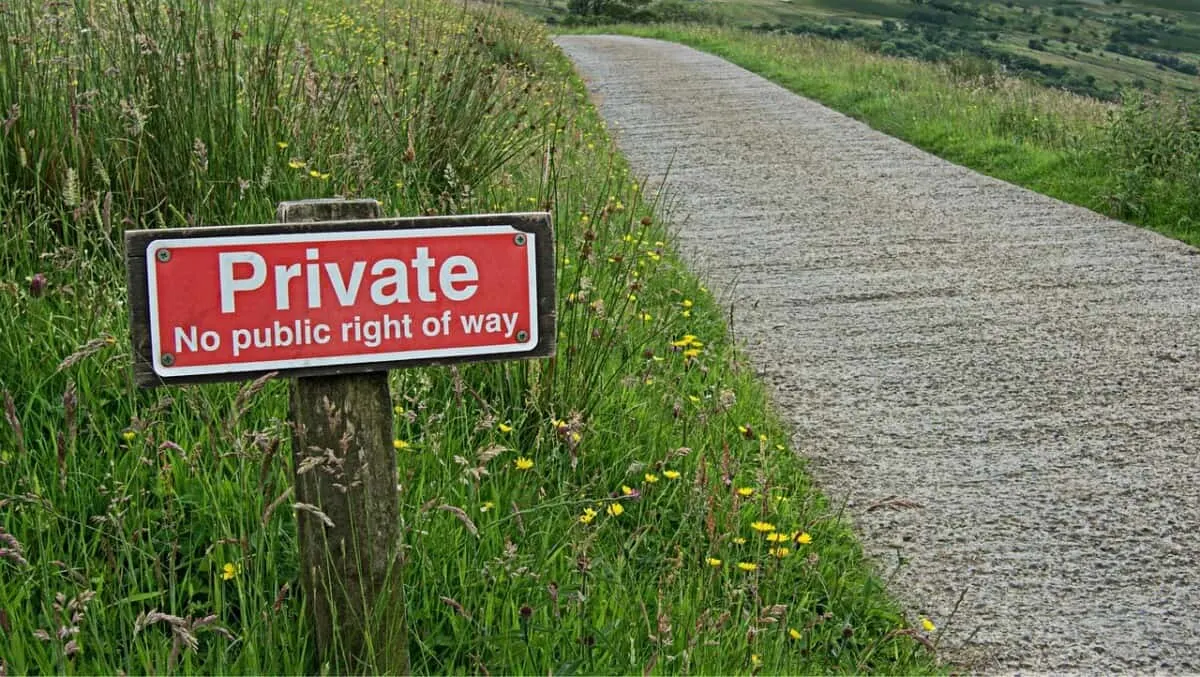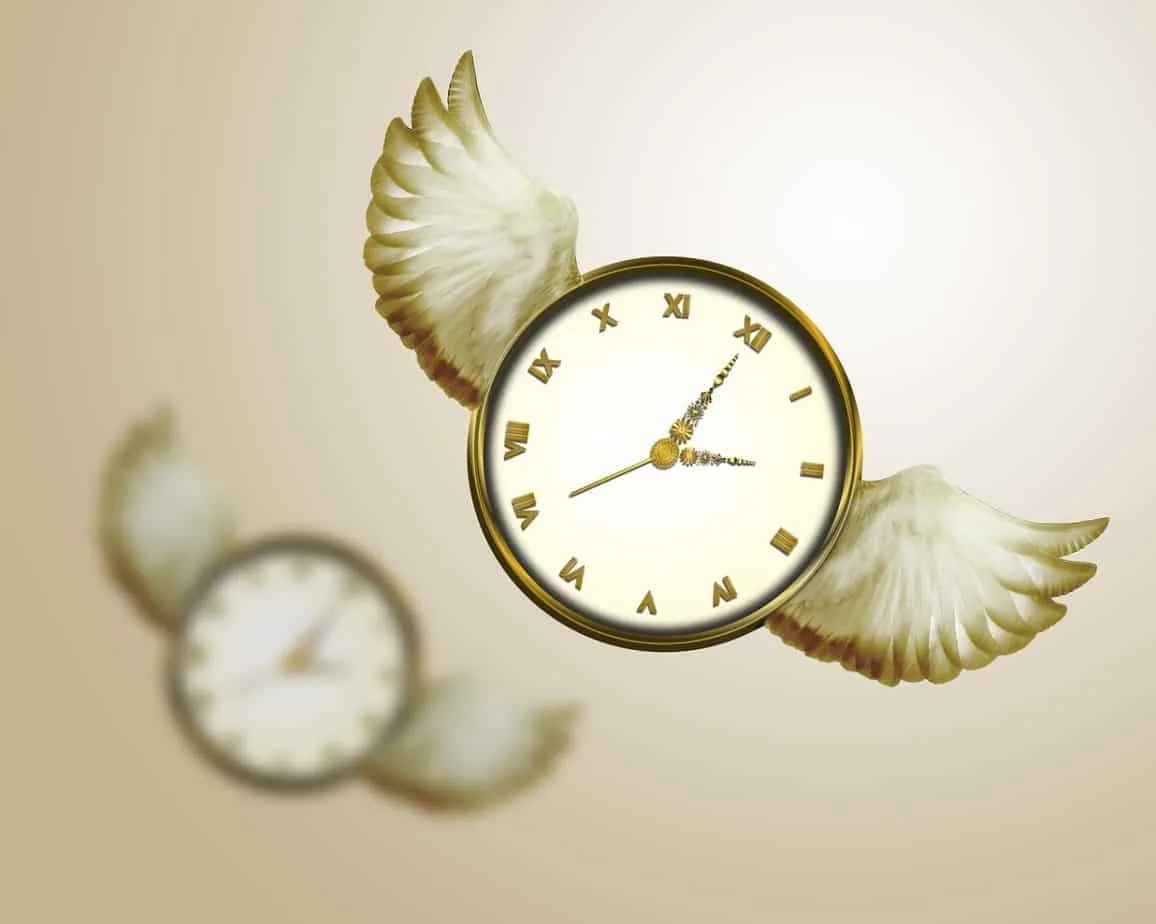There are essentially two types of nouns in English that end in -s: possessive nouns and plural nouns. If you use the wrong type of noun, you can confuse your readers or unintentionally alter your point. A great example of this dilemma for business writers is learning to differentiate between “company’s” and “companies.” When you …
Academics
When learning English, we must know how to use the correct prepositions so that our speech sounds fluent. For example, a common confusion arises around whether to say “speak to” or “speak with.” What is the difference between “speak to” and “speak with”? Speak to and speak with are both are correct and can be …
Pronouns are a valuable part of speech to assign ownership and convey additional information in a sentence. There are the obvious, gender-specific pronouns like “his” and “hers,” but referencing things in the third person can get a little confusing. For example, when should “its” or “their” be used? “Its” is a singular third-person pronoun that …
Whether you have great intentions to complete a task or successfully convey your thoughts, the level of effort that you put into that task often directly affects the end result. We often use stock phrases like “in an effort to” as a way to describe that effort, but what does “in an effort to” mean? …
Grammar has tricky rules — some phrases that are indeed correct do not always sound so. For instance, is it “a honor” or “an honor”? Whether it is “a honor” or “an honor” is an important concept to understand when writing an essay or even an email. “An honor” is the correct way to word …
You’re enjoying the atmosphere and company of your friends and, suddenly, you look at your watch and realize that it’s much later than you thought! You didn’t notice that the time was passing, so, in this situation, we say that “time flies,” or is it “time flys”? The correct spelling is “time flies,” which means …






